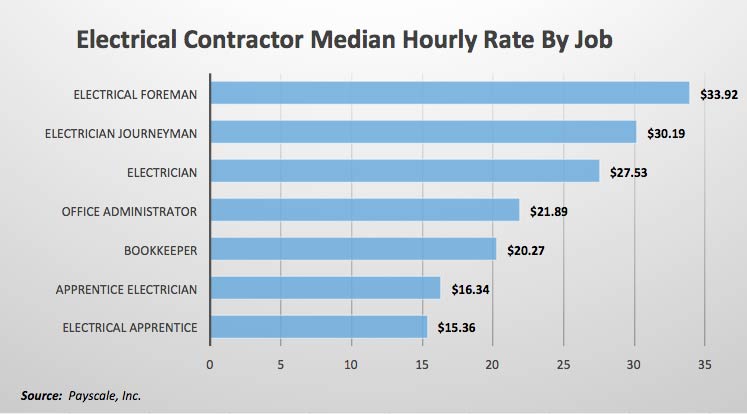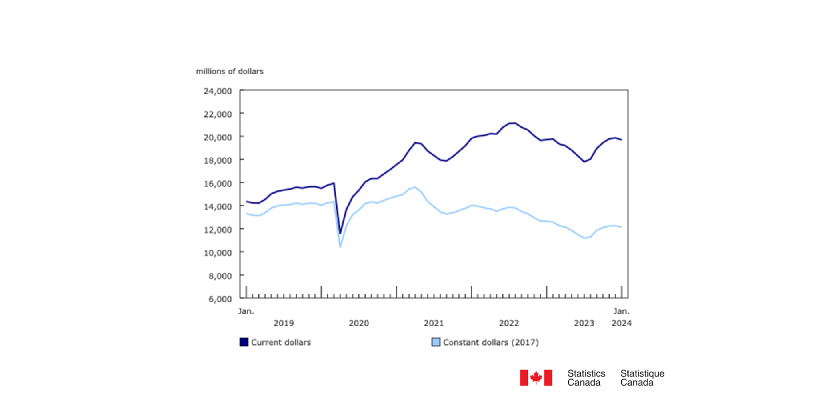How Up to Date Are Your HR Policies? Time for a Summer Tune Up?

June 15, 2016
As the warm weather approaches and staff start thinking of vacations, this is a good time to take stock of your organization’s HR policies. Whether you have a staff of 10 or a 1000, it is important to ensure that your policies reflect expectations for how things are done at your organization.
They provide employees with best practice guidelines, help ensure that staff are treated fairly, and allow managers to make decisions that are non-biased, consistent and transparent. However, it is critical that policies are not created for the sake of it, but in response to a real need. Ensure that any policies you implement are in line with what your company values and how work should be accomplished. Managers also need to have the skills and resources to be able to implement and monitor the policies.
For some organizations, the changing work environment will dictate policy changes. More and more companies are allowing employees to work remotely, necessitating the need for a policy that informs staff of the details of the agreement. This could include the criteria for approval to telecommute, the use of equipment and technology, required response times, as well as accountability and monitoring of the arrangement.
Having well-documented policies will also ensure that the organization is in compliance with legislation and provide protection against employment claims. Make sure that you are up to date with the relevant federal and provincial employment legislation to understand the policies required for compliance in your jurisdiction.
Common policies
Here are some areas that will commonly have written policies in place:
• working remotely
• confidentiality
• attendance
• dress code
• overtime
• code of conduct
• diversity and inclusion
• violence in the workplace and harassment
• leave (bereavement, compassionate, vacation, unpaid, jury duty, family)
• maternity, parental, and adoption leave
• health and safety
• injury reporting
• alcohol and drug use
• grievance/conflict resolution
Taking the time to review your policies also allows you to reflect on what is working well, what may be unclear or ambiguous, and what needs to be updated.
Michelle Branigan is CEO, Electricity Human Resources Canada; http://electricityhr.ca.










![Guide to the Canadian Electrical Code, Part 1[i], 26th Edition – A Road Map: Section 10 – Grounding and Bonding](https://electricalindustry.ca/wp-content/uploads/2022/11/Guide-CE-Code-2.png)





